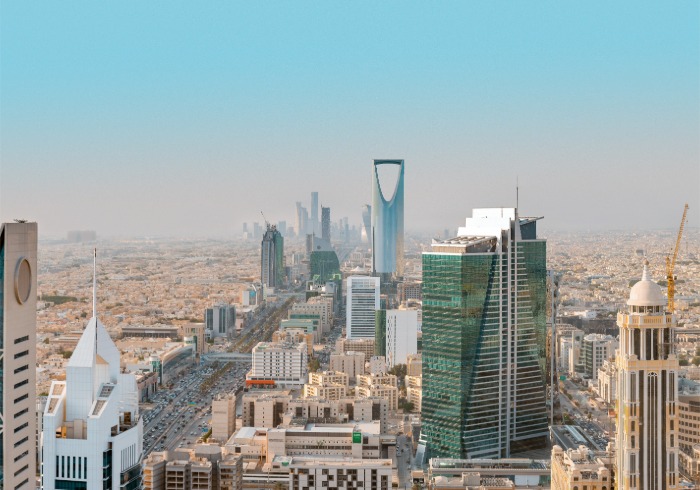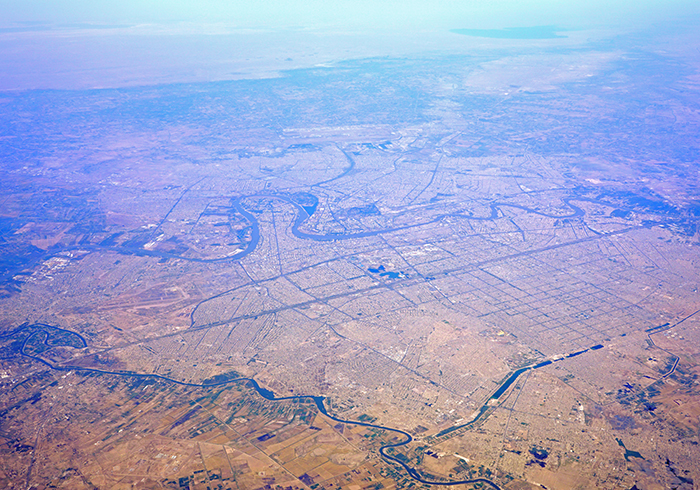A lack of knowledge about Islamic finance products is preventing corporates from tapping into US$5.5tn in global assets, underserved markets and vital trade corridors, Standard Chartered has said.
Despite the size of the market, which is projected to reach US$7.5tn by 2028, the bank said corporate leaders remained unclear over Islamic finance principles, structures and market dynamics.
The majority (65%) of corporates looking to invest in Islamic finance have no prior background in or exposure to the sector, according to the bank’s report, Islamic Banking for Corporates: Broadening Horizons, published on November 3.
Yet demand is growing as corporates aim to take advantage of trade corridors throughout the Gulf Cooperation Council, South Asia and Africa, where shariah-compliant finance is often required.
Corporates working across Muslim-majority markets are increasingly deploying Islamic trade finance and supply chain solutions, the report said.
Last month, UAE-based bank Emirates Islamic launched Islamic smartSCF, a fully digital, shariah-compliant supply chain finance solution.
“Shariah-compliant finance underpins much of the US$5.7tn South-South corridor connecting these regions, which now accounts for nearly a quarter of global trade. This has become increasingly relevant amid shifting trade and investment corridors,” the report said.
Islamic banking is generally delivered either by Islamic banks that only offer shariah-compliant services, or via specific divisions within conventional banks.
It prohibits practices such as charging or paying interest and engaging in speculative transactions. Instead, all transactions must be linked to tangible assets or services.
Overall, corporate sukuk issuances – shariah-compliant fixed-income instruments – have grown in popularity among international investors, the report noted. This cohort accounted for 45% of proceeds in 2024 and 58% in the first half of 2025.
Total issuance volumes grew to US$58.8bn in 2024.
The report also highlighted the growing investor demand for sustainable sukuk, and said that both Islamic finance principles and ESG frameworks prioritise “transparency, fairness, ethical conduct and environmental responsibility”.
In 2024, sustainable sukuk were oversubscribed by 4.3 times their issuance value, compared to 3.1 times for regular sukuk.
Khurram Hilal, chief executive of group Islamic banking at Standard Chartered, said: “Corporates that build Islamic finance capabilities stand to access specialised capital pools with trillions in assets, preferential pricing in oversubscribed markets, government incentives in high-growth markets, and ESG-focused capital pools where ethical screening is structurally embedded.
“This knowledge gap reflects an increasingly expensive opportunity cost.”
Standard Chartered said it has to date arranged over US$200bn in Islamic financing, spanning sukuk, structured trade and sustainable-finance solutions.
“Islamic finance is now a strategic conversation in boardrooms,” Hilal added.
To build expertise, the report recommended that companies partner with Islamic advisors or banks and beginning with pilot transactions.
“Most Islamic financial products are intentionally structured to align closely with conventional banking tools, making them familiar in function even if they are different in form,” it added.








